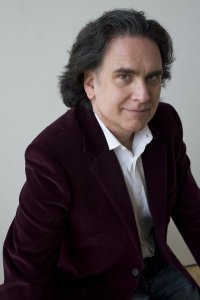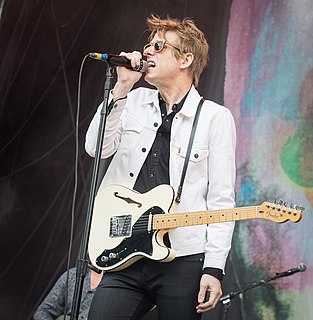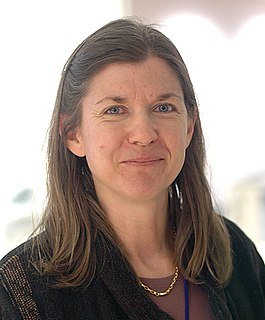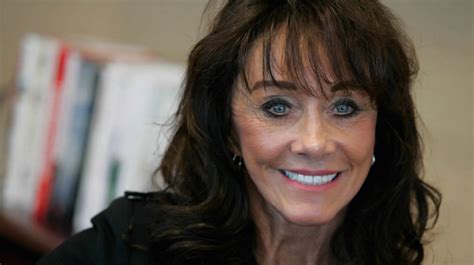A Quote by Peter Buffett
Suddenly, in the early 20th century, there were thousands of men with essentially nothing to do. The farm work, as well as other work, was being handled by machines.
Related Quotes
I did a lot of work with early 20th century attitudes, the kind of superficial notions and behavior that prompt people who don't know history very well to think that "people were different back then" - but beneath all that are characters who react in ways that we can all recognize, and will always be able to recognize.
In the 19th century, when Muslims were looking at Europe as an example, they were independent; they were more self-confident. In the early 20th century, with the fall of the Ottoman Empire, the whole Middle East was colonized. And when you have colonization, what do you have? You have anti-colonization.
I was really interested in 20th century communalism and alternative communities, the boom of communes in the 60s and 70s. That led me back to the 19th century. I was shocked to find what I would describe as far more utopian ideas in the 19th century than in the 20th century. Not only were the ideas so extreme, but surprising people were adopting them.
Taking photographs is generally an act of 'looking at the object, whereas 'being seen' or 'showing' is what is most interest to one who does a self-portrait...self-portraits deny not only photography itself but the 20th century as an era as well...an inevitable phenomenon at the end of the 20th century.
There are Harvard grads, free thinkers, feminists, abolitionists, well-to-do people who want to go write poetry and live on a farm and cook and laugh and have a good time. As they themselves described it, it was an "inward facing" community. They were focusing on making a better existence for themselves, which I think is also the driving force of 20th century communalism in the US, the thought being that the world is corrupt, and we're going to build this little garden of innocence.
More girls were killed in the last 50 years, precisely because they were girls, than men killed in all the wars in the 20th century. More girls are killed in this routine gendercide in any one decade than people were slaughtered in all the genocides of the 20th century. The equivalent of 5 jumbo jets worth of women die in labor each day... life time risk of maternal death is 1,000x higher in a poor country than in the west. That should be an international scandal.
The different American experience of the 20th Century is crucial because the lesson of the century for Europe, which essentially is that the human condition is tragic, led it to have a build a welfare system and a set of laws and social arrangements that are more prophylactic than idealistic. It's not about building perfect futures; it's about preventing terrible pasts. I think that is something that Europeans in the second half of the 20th century knew in their bones and Americans never did, and it's one of the big differences between the two Western cultures.



































